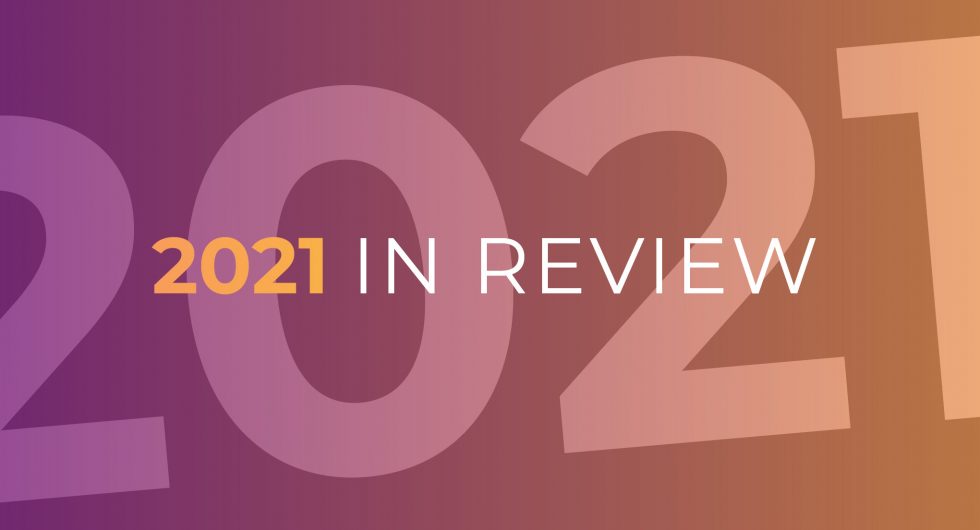(ThyBlackMan.com) Like 2020, the year 2021 was a polarizing year. Although the COVID-19 pandemic continues, the greater availability of vaccines for many Americans has led to a “reopening” in many areas of life that were closed for large portions of 2020. The ability to participate and be spectators in sports has increased due to vaccination yet the vaccines themselves remain a “hot-button” issue. The year started with one of the more eye-opening events in America of the past several years when on January 6, 2021, a mob of Trump supporters stormed the U.S. Capitol and caused a lot of havoc and it garnered a lot of reaction from sports figures. It has been established now more than ever that social and political issues that everyday people face even crossover for high level collegiate and professional athletes despite the considerable salaries the latter often make. This was definitely true in 2021 with high-profile cases involving murderous white men like Derek Chauvin and Kyle Rittenhouse but also with a number of professional athletes taking on the judicial system in America.
One of the living sports legends passed away in January when longtime Major League Baseball home run king Hank Aaron died. His pursuit of Babe Ruth’s all-time home run record under the pressure of racism and death threats garnered even more respect for his tremendous career as a player. He was also one of the last members of the Negro Leagues to play Major League Baseball. The Negro Leagues was a topic of discussion this year when Major League Baseball decided to officially acknowledge the statistics from the players and teams from those historic leagues. There were a number of other tragic deaths of sports figures in 2021 including two members of the media who represented as members of Black sports journalism in NFL writer Terez Paylor and NBA journalist Sekou Smith. Racism in journalism was in the sports headlines after the revealing comments by former ESPN personality Rachel Nichols regarding former colleague Maria Taylor.

Because of the pandemic, the Summer Olympics in Tokyo, Japan, was moved from 2020 to 2021. Like most Olympics, there were strong individual and team performances but also there were political demonstrations as well including medal-winning shot putter Raven Saunders’s ‘X’ protest. Black athletes like gymnastics great Simone Biles reminded the world of the struggles of mental health and should give reminders to those that need to remember that athletes are human beings. Collegiate athletes have long been treated as less than human beings as NCAA athletes have been fighting for decades for their rights as participants in college sports. That fight became easier on July 1, 2021 when the NCAA passed a law that allows collegiate athletes to benefit monetarily from their name, image and likeness, otherwise known as NIL. College athletes are still not getting paid from colleges and universities but have different avenues through endorsements to put some well-deserved money in their pockets without fear of losing eligibility or being punished.
Labor battles throughout the country have crept into sports discussion as Major League Baseball enters its own lockout. There was some high points in 2021 as many Black athletes born in America began to reclaim their African heritage through their names and it was fun to see the diversity of the 2021 WNBA champion Chicago Sky. However, COVID-19 will remain the biggest issue in sports because it is a life, death, and world issue. People must remember that thousands of people are dying and exhibiting serious negative health outcomes from contracting the virus as more variants enter the situation. Athletes, coaches, and those involved in sports at all levels are currently seeing the impacts of a pandemic that has not ended. There needs to be a people-centered solution and approach to this pandemic or sports will not be able to happen as procedures to mitigate things occur.
Staff Writer; Mark Hines

















Leave a Reply